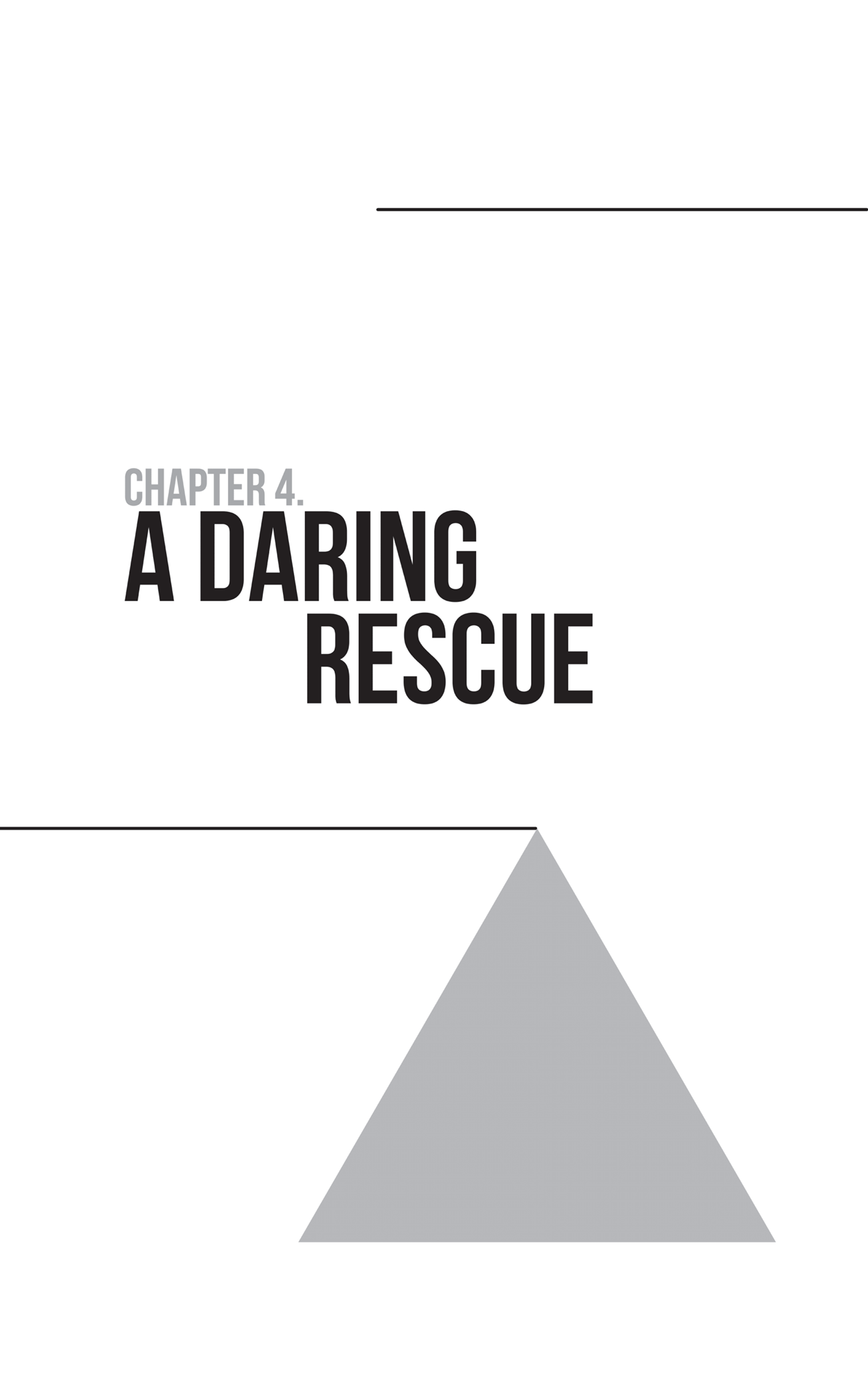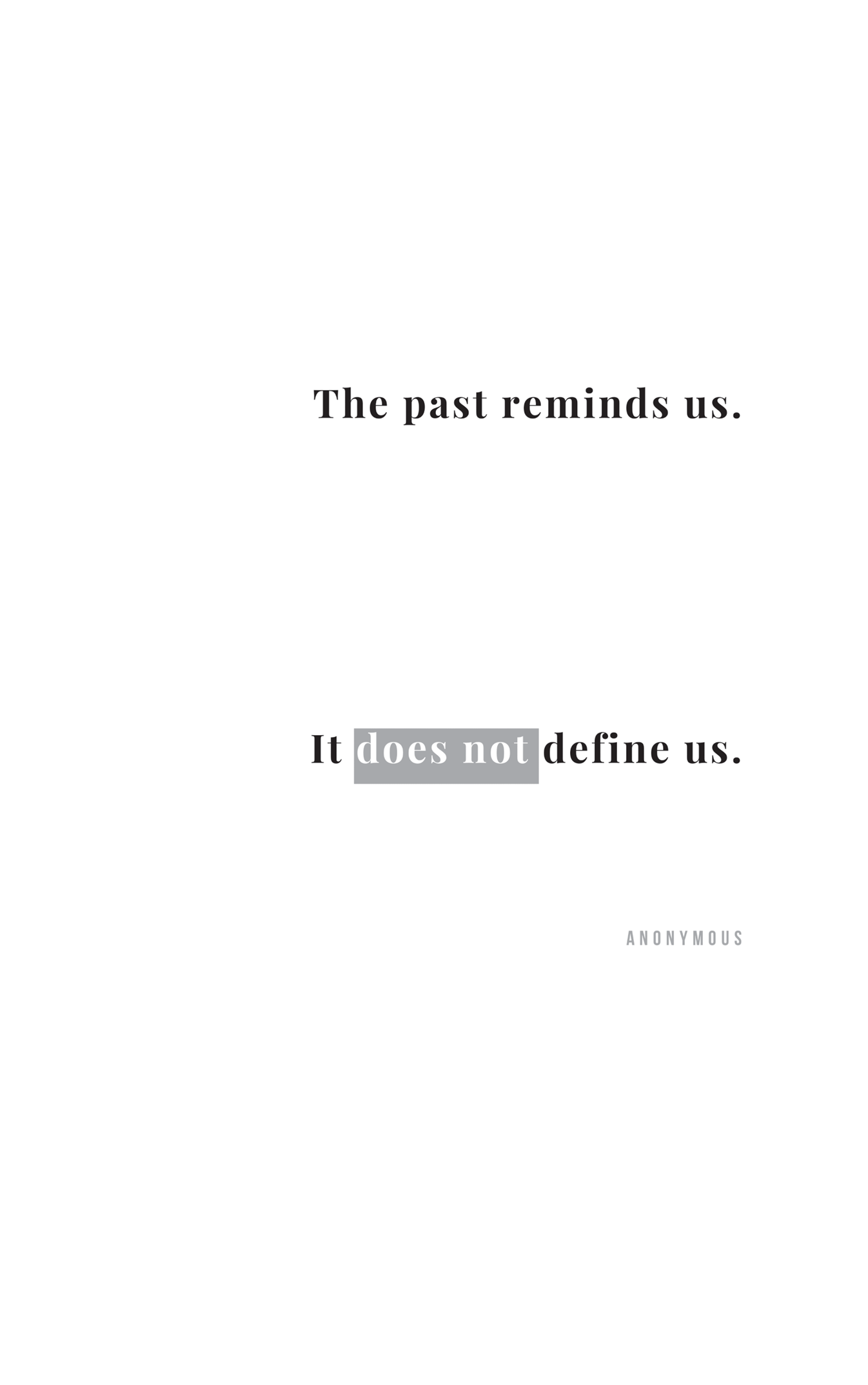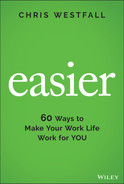

“I don't really know if I like myself,” the Client said, frankly. The Coach had asked for radical honesty and had promised the same. “I don't know if I want to commit to the guy who overplans and underdelivers and finds fault with himself and others at every possible turn.” He explained how his division was struggling amid massive market changes. Bids were lost. His team had survived a pandemic, but new products and new competitors were turning every effort into a struggle. His identity was tied to a losing battle, and he wanted out.
“I want to know how to commit to the self or my ‘self’ or some kind of ‘self-life’ where I see the self that I can believe in.”
The Coach folded his hands in his lap.
The Client continued, “I had a corporate coach, when I was in management, and she used to tell me to believe in myself. I asked her which self I should believe in – the self that just ate a bag of Oreos, or the self that yelled at Josh in accounting (he deserved it), or the self that lost out on the promotion to a board member's nephew? 'Cause all of those ‘selves’ are right here and available, I told her. Right here on my ‘self-shelf,’ which I thought was kinda clever. She didn't. She shifted gears and started talking about my attitude. Said I had an appetite for confrontation and lack of coachability.” The Client shook his head. “I thought I was just being honest.”
“‘Believe in yourself,’ for me, is hard to believe,” he continued. “I know people who are ragingly insecure, and yet they are very effective. Wealthy. Successful. Very good at their jobs. These people are caring parents, devoted partners, you name it, even though they question themselves at every turn. Really, that insecurity and self-doubt is my story, too. I had a boss once who said that it was his insecurity that gave him his edge. He always knew the other shoe was going to drop. He used to say self-confidence was overrated.” The Client paused.
“Sometimes I feel super-confident, and then a meeting doesn't go my way. Then I feel self-conscious and somehow things manage to work out okay. So how am I supposed to know myself, when it's always changing? That identity thing … I don't know that I have an identity that I can believe in. I'm not sure it makes sense to try and make one up.”
“I know what you mean,” the Coach said. “I had a client who came to me looking for executive presence and greater ability to think on her feet. In meetings she found herself unable to respond to questions quickly, and her boss had told her that she needed to pick up the pace. ‘I'm not able to provide quick answers when people ask me point-blank questions, and put me on the spot,’ she told me.”
“So what did you do?”
“I asked her a point-blank question and put her on the spot,” the Coach said. “I wondered if there was ever a time in her life where she had to respond to something with split-second accuracy, without even thinking about it? She told me that there was.
“Without hesitation, she told me of a time when she was snowboarding and blazing down this mountain when she went over this mogul, revealing two young boys, maybe eleven or twelve years old, standing in her path. The pine trees had hemmed the boys into a pocket where escape was impossible. What were they doing there? She had no idea. But one of them was about to become a pancake. There was no way the kid on the left was gonna move in time to be safe. The realization hit that kid's face as the other boy yelled and screamed for him to look out.
“She dug in on her snowboard, in a nanosecond, shifting to the right. She went up a small hill, changing her angle and launching herself up off the snow. She caught the boy in midair, wrapped him up like a burrito, and fell in between two of the pine trees. The two landed safely in a snowdrift, avoiding a nasty accident and probably saving that kid's life.”
The men both considered the near disaster that turned into a rescue. The Client broke the silence.
“That's a big change from not being able to respond at work. Was she the office slowpoke … or the savior on the ski slopes?”
“Both,” the Coach answered. “The woman stuck in the office meeting, unable to respond or reply, was the same woman who instantly saved that kid's life on that mountain. What changed? How was she able to be so responsive on the snow? Because that mountaintop answer might be the exact same reason she's often unable to respond to her bosses and peers at work.”
Same person, different outcome, the Client thought to himself. What caused the dramatic shift? Necessity? Mind over mountain – or meeting?
The Client thought of times in his life when he had been stuck, unable to make a decision or a choice, and when he was able to effortlessly respond in the moment, just like the woman on the snowboard.
“What do you think,” the Coach asked the Client, “was going through that snowboarder's mind when she was barreling down that snow-covered mountain and those kids showed up?”
The Client considered possible answers. Fear. Frustration. Another f-word, perhaps?
But then something new showed up.
“Nothing,” the Client said. “She probably wasn't thinking of anything at all.”
“What do you make of that?” the Coach asked.
“Well, we all have the ability to act out of instinct. To act without thinking,” the Client said. “Which is typically the way that I describe my mistakes. Not some daring rescue on a mountain.”
“Consider a field-goal kicker in a high-stakes football game,” the Coach countered. “The team is behind by one point, only a few seconds are left on the clock. The field goal will put three points on the board. So the kicker is there to win the game. Become the hero. Or suffer the consequences of missing the big moment. Where does the kicker put his attention? On the fans in the stands? On the field goals he missed in practice last week? On what his coach told him last Tuesday? No. Thinking isn't the way to make the field goal. You've probably heard it a thousand times: keep your eye on the ball. Do what needs to be done – and playing back memories, or playing to the crowd, or listening to some story inside your head isn't going to help you to put that ball through the uprights.
“When we have more on our minds,” the Coach explained, “we don't react quickly. Sometimes we can't react at all. But, underneath all our thinking, everyone has the ability to do what's needed. Not by acting thoughtlessly, but by seeing an important aspect of human nature. Because for me, and for my snowboarder client, for that field goal kicker, and probably for you as well, when we have more and more on our minds, we turn into morons.”
The Client chuckled – not because it was hilarious, but because it was true.
“When we have less on our minds, we can access a new kind of lesson,” the Coach said. “None of us is at our best when we are lost in thought. Underneath our concerns, considerations, and constructs, we all have the ability to do what's needed in the moment. If we can get out of our own way, we see it. We see the lesson, or the less-on, of greater capability.”
“As I spoke with her,” the Coach continued, “my snowboarder began to realize that she wasn't locked into a pattern of slow responses – it was a choice based on her thinking, not an unmovable aspect of her personality or hard-wired part of her DNA or anything like that. The reason she was being slow at work wasn't because of some failure in her intellect, or because she was trapped in some unbreakable pattern of behavior. No. Quite the opposite, in fact. She saw that, when she had less on her mind, she was more powerful and more capable than she realized. When she remembered that the woman on the mountain was the woman in the meeting, she saw new possibilities open up. She saw that she could respond more quickly, because she had done so before – and knew that she could do so again. I wonder if that's true for you as well?”
The Client knew what it was like to be lost in thought. He wasn't that different from the snowboarder sometimes. Still, he wasn't sure how he might respond in an unexpected crisis. In less than a week, he would find out.
